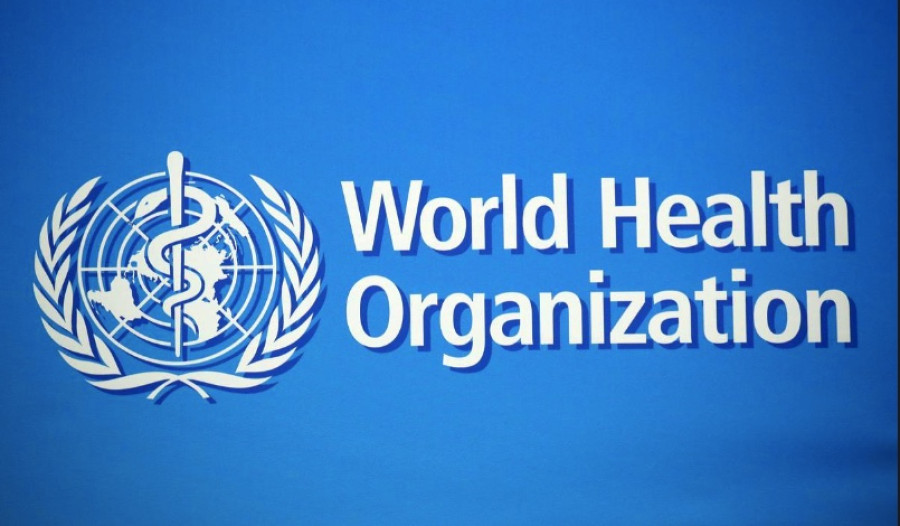Health
No evidence of Covid community transmission yet but infection cases could rise, WHO Nepal representative says
Jos Vandelaer argues relaxation does not mean going back to life before restrictions were imposed and that everyone should practice more self-discipline protect oneself and others.
Post Report
The World Health Organization’s Nepal country representative, Jos Vandelaer, has said there is no evidence of community transmission of Covid-19 in Nepal but urged the government to increase the testing capacity as an influx of Nepali workers from India continues.
During a webinar on Wednesday, Vandelaer said hospitals are not being flocked by people with Covid-19 symptoms.
It was assumed earlier that community transmission could happen in places like Bhulke of Udayapur and Narainapur of Banke–two hotspots of the coronavirus transmission in Nepal. Since the pandemic has affected almost all the districts of Nepal now, chances of community transmission are feared to be higher.
“It will be very difficult to completely rule out any community spread. But you can slow it down by quarantining and isolating people,” said Vandelaer.
Asked when infections are likely to peak in Nepal, he said it was difficult to predict. “Right now, we are seeing increasing cases, and most of them are among returnees. At what point the cases start going into the broader population and how quickly that will be is very hard to say,” he said. “So I do not want to make any predictions here because there are so many factors that come into play.”
Vandelaer said that the nationwide lockdown has largely helped break the chain of virus transmission and the purpose of the lockdown is to keep the number of people infected by Covid-19 within the boundaries of what the health care system can handle.
On easing the lockdown, he said relaxation does not mean going back to life before restrictions were imposed on March 24. “On the contrary, it requires more self-discipline to protect you and to protect others,” he said.
As the row over testing continues in Nepal, the WHO representative said the Nepal government has increased the number of labs from one initially to 21 now.
“But what we see is the number of people coming in is so large that there's actually a backlog in testing laboratories,” he said. “There are more samples being taken than the capacity. So there’s a backlog building up. It also means that in the near future, we are going to see more positive cases. So the lab capacity should be increased in the near future. There’s no hard and fast rule, but the priority should always be testing the people who have symptoms.”
Speaking at the same online interaction, Valerie Julliand, the UN country representative in Nepal, said several UN agencies are working with the government of Nepal in various sectors and with national and international development partners, bringing expertise and humanitarian assistance to Nepal.
She said that the United Nations has prepared an assistance package of $400 million for Nepal, having received it from various bilateral and multilateral donors.
“We are working with various government agencies from policy making to those working on the ground. It is not only a health crisis but a social and economic crisis too,” Julliand said.
On the availability of Covid vaccine, Vandelaer said the issue of who can use the vaccine once there is one is important.
“The WHO is building coalitions now with countries and partners to ensure that when there’s a vaccine, the vaccine does not just go to the highest bidder but there’s a funded mechanism in place that every country has access to these vaccines.”




 9.89°C Kathmandu
9.89°C Kathmandu














